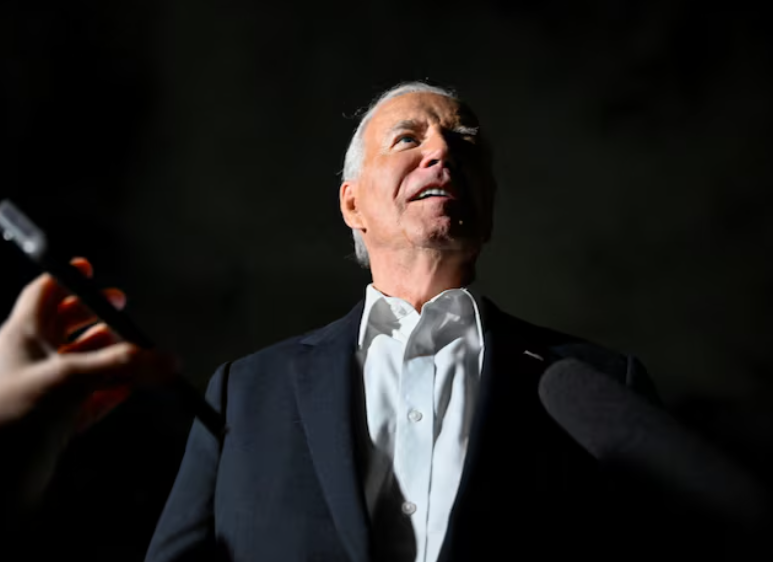The Supreme Court on Wednesday declined to revive President Joe Biden’s student debt relief plan, bolstering efforts by Republican-led states that have sued to block it.
The justices rejected the administration’s request to lift a judicial decision temporarily that halted the plan, which aims to lower monthly payments for millions of borrowers and accelerate loan forgiveness for some.
Following the Supreme Court’s June 2023 decision that blocked Biden’s earlier attempt to cancel hundreds of billions of dollars in debt, his administration vowed to continue providing student debt relief to as many borrowers as possible.
In August 2023, the White House launched a new policy called the Saving on a Valuable Education (SAVE) plan, which it promoted as “the most affordable repayment plan ever created.” The plan reduces monthly payments for college undergraduate loans from 10% to 5% of a borrower’s discretionary income, which the White House estimates will save the typical borrower around $1,000 a year. Additional benefits include a payment pause for borrowers earning less than $32,000 per year until their income exceeds that threshold. The plan also offers debt forgiveness for some smaller loans in as few as 10 years, compared to the previous 20- or 25-year timeline.
The administration estimated the plan would cost taxpayers approximately $156 billion over 10 years, but Republican state attorneys general argued that the actual cost would be around $475 billion. Some aspects of the plan took effect in February, while others were scheduled for July.
In April 2024, seven Republican-led states sued to block the program, arguing that the U.S. Education Department under Biden’s administration had exceeded its legal authority by enacting the student debt relief plan. In June, U.S. District Judge John Ross in St. Louis issued a preliminary injunction that blocked the administration from implementing the provision of the SAVE plan that grants loan forgiveness to certain borrowers. The U.S. Court of Appeals for the Eighth Circuit in St. Louis went further on August 9, blocking the administration’s debt relief plan entirely while the case proceeded. This prompted the administration to file an emergency appeal to the Supreme Court.
U.S. Secretary of Education Miguel Cardona expressed strong disagreement with the Eighth Circuit’s decision, stating that it would force millions of borrowers to pay hundreds of dollars more each month. Meanwhile, Missouri Attorney General Andrew Bailey, a Republican, praised the Supreme Court’s decision. Missouri led the lawsuit against the program. Bailey remarked, “This court order is a stark reminder to the Biden-Harris Administration that Congress did not grant them the authority to saddle working Americans with $500 billion in someone else’s Ivy League debt. This is a huge win for every American who still believes in paying their own way.”
A separate challenge from another group of Republican-led states against the administration’s debt relief program remains pending in the Denver-based Tenth U.S. Circuit Court of Appeals. The Supreme Court’s 6-3 ruling last year, driven by its six conservative justices, blocked Biden’s plan to cancel $430 billion in student loan debt—a move intended to benefit up to 43 million Americans and fulfill a campaign promise. The conservative justices invoked the “major questions” doctrine, which grants judges broad discretion to invalidate executive agency actions of “vast economic and political significance” unless Congress clearly authorized them in legislation.

